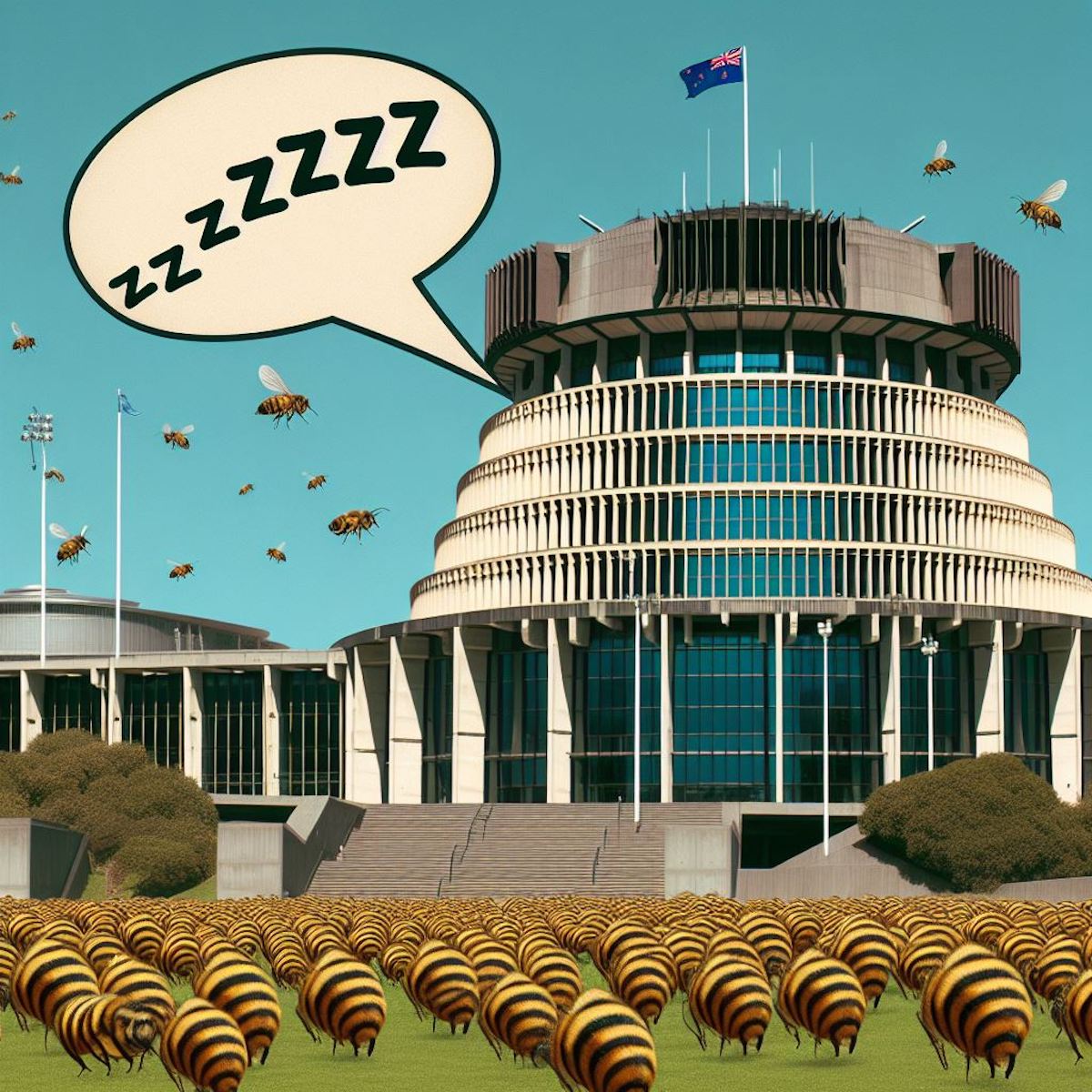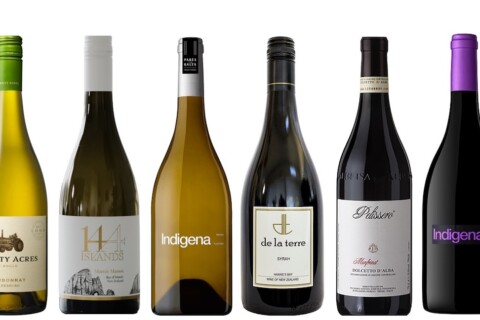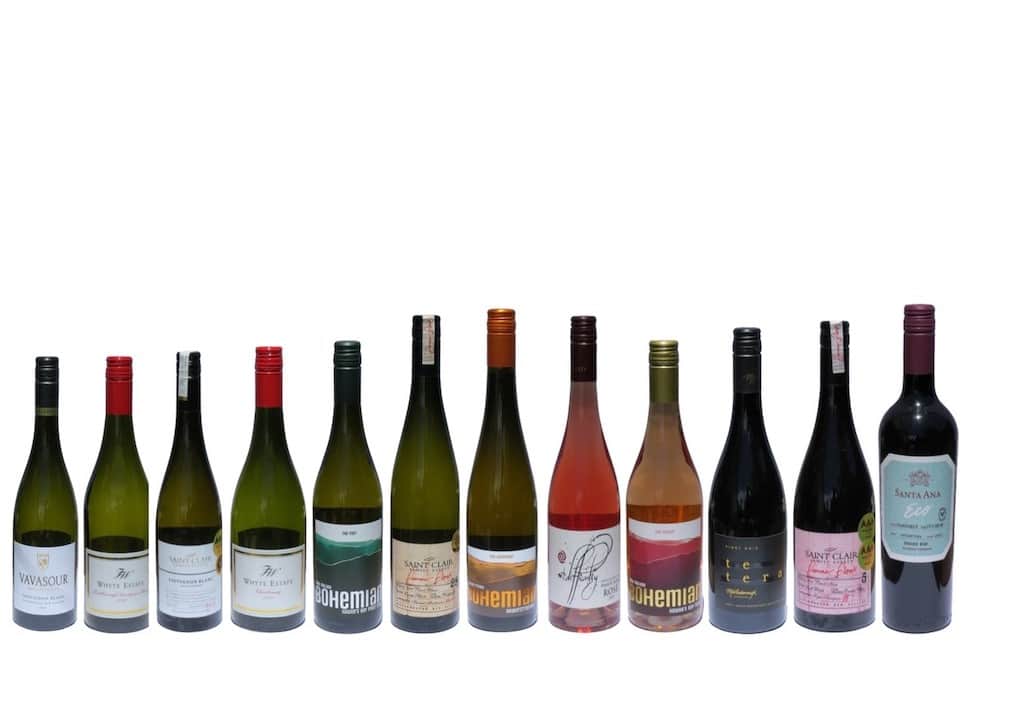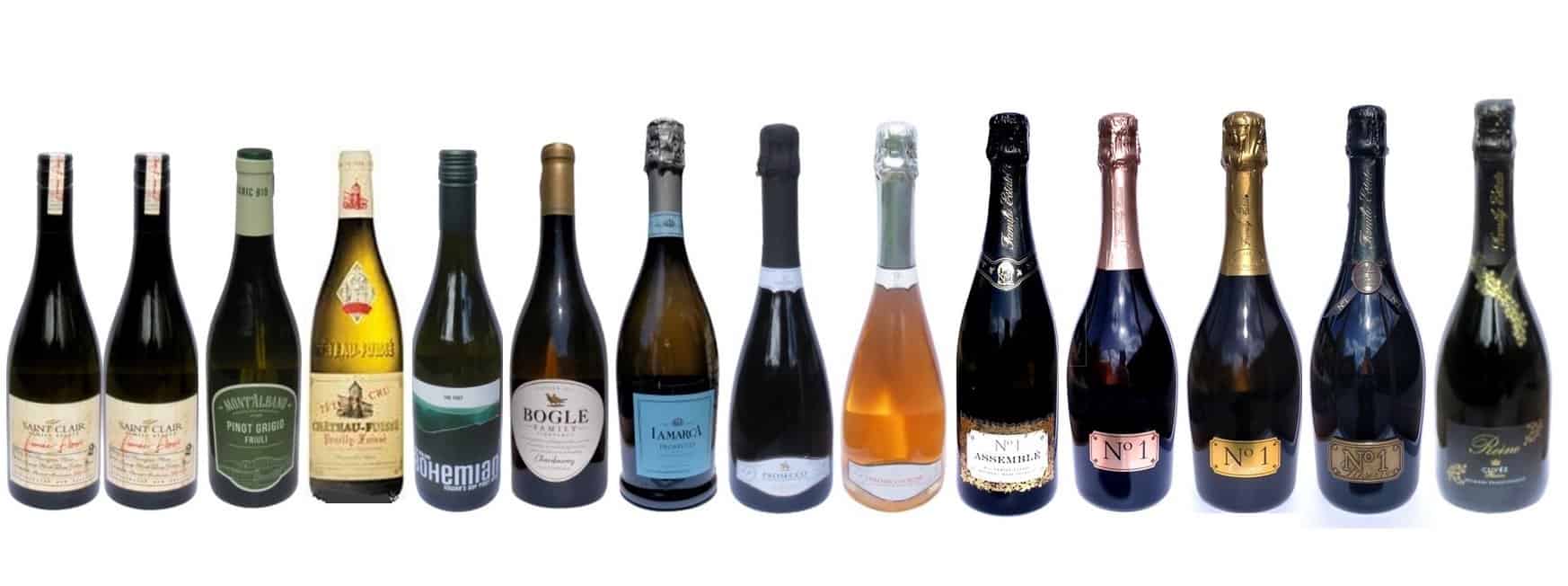PAT PILCHER examines the media crisis in New Zealand and what can be done to protect this essential tool to ensure the future of democracy.
 Last week marked a very sad milestone for New Zealand. Newshub and TVNZ’s highly regarded Sunday current affairs programmes have hit the scrap heap, with production staff and journalists all being told to look for another job.
Last week marked a very sad milestone for New Zealand. Newshub and TVNZ’s highly regarded Sunday current affairs programmes have hit the scrap heap, with production staff and journalists all being told to look for another job.
This is a huge loss not just for them but also for New Zealand, as the media performs an incredibly important task for working democracies like New Zealand.
Every time a media outlet winks out of existence, we all lose. But with so many negative comments about media and lower “trust” scores than ever before, I wonder how many New Zealanders even know the founding principles of journalism. The doubters and naysayers might benefit from a brief history lesson.
 In the 18th century, Edmund Burke, an English political philosopher and commentator on the Revolution, referred to the three sections of the French Estates-General. According to him, these consisted of representatives from the clergy, nobility, and the bourgeoisie. Not long after, historian Thomas Carlyle used the phrase “fourth estate” in his account of a parliamentary debate in 1840, attributing it back to Burke: “Burke said there were Three Estates in Parliament; but, in the Reporters’ Gallery yonder, there sat a Fourth Estate more important far than they all”.
In the 18th century, Edmund Burke, an English political philosopher and commentator on the Revolution, referred to the three sections of the French Estates-General. According to him, these consisted of representatives from the clergy, nobility, and the bourgeoisie. Not long after, historian Thomas Carlyle used the phrase “fourth estate” in his account of a parliamentary debate in 1840, attributing it back to Burke: “Burke said there were Three Estates in Parliament; but, in the Reporters’ Gallery yonder, there sat a Fourth Estate more important far than they all”.
Carlyle hit the proverbial nail on the head. As the Fourth Estate, the media holds the three other estates (government, clergy and the wealthy) to account by keeping Joe and Joanne public informed about their shenanigans. The logic of this has stood the test of time. It isn’t rocket science that an informed public makes better decisions, which keeps a functioning democracy healthy.
So, what went wrong in New Zealand? Why is there blood on newsroom floors right now?
Put simply, technology has cut the media’s lunch, and little to nothing has been done to try to keep New Zealand media alive, even though the impact of technology on New Zealand’s media has long been a known quantity.
 So, just what are these impacts?
So, just what are these impacts?
The rise of tech giants has seen a substantial shift in advertising revenue away from traditional media outlets. This is typically due to the growing number of people getting their news fix through online platforms, with potential advertisers following suit, leaving newspapers, TV channels, and radio stations struggling to find new revenue streams as the bottom falls out of traditional advertising. This trend is especially unfair. Social media benefits from the stories the media writes or broadcasts, without investing anything; then, traditional media advertisers spend all their bucks on social media instead.
Further driving this trend is the extensive data collected by large online and social media platforms on their users, which enables them to deliver highly targeted advertising in ways that are all but impossible for traditional media. This data-driven approach allows the big social media platforms not only to offer advertising reach that old-school media cannot hope to match, but also to massively undercut traditional media advertising rates, which continues to speed up the move away from newspaper/TV/Radio-based advertising.
A lesser-known issue affecting NZ media companies is the gatekeeping power of large online platforms. These platforms have, in effect, become the gateways to the internet for most Kiwis. News companies must go where their audiences are, and this has seen them distribute news content through these platforms in an attempt to pull in readers. The downside is that traditional media has developed a huge dependence on these platforms, which now wield immense power over the visibility of news content on their platforms.
 The upshot of these trends is that online platforms tend to benefit far more from this than old-school newsrooms. The sheer market power of these online platforms also prevents news organisations from negotiating better deals.
The upshot of these trends is that online platforms tend to benefit far more from this than old-school newsrooms. The sheer market power of these online platforms also prevents news organisations from negotiating better deals.
None of this is new, and Newshub and TVNZ’s Sunday certainly won’t be the last news and current affairs operations in New Zealand to die. As I write this, a good many other large and established media outlets are circling perilously close to failure.
So, while we are all wringing our hands and sending our good wishes to the journalists and staff affected by these layoffs, we should also be reminding ourselves that thoughts and prayers are about as effective as trying to light a fart in a hurricane. Surely, we should ask ourselves what can be done to keep New Zealand’s media alive.
While the Broadcasting Minister, Melissa Lee, has made soothing and placating noises, the absence of actual policies and actions needed to stave off the prospect of failure for other NZ media outlets is conspicuous only in its absence. What are the possible options?
Some Governments have moved to introduce laws overseas aimed at ensuring fair compensation for news content. A good example is draft legislation in Australia that aims to compel Google and Facebook to negotiate with Australian media companies and consider payments to publishers for the use of their news.
 As nice as it’d be to say that the Aussies were being innovative with this approach, their inspiration most likely came from the French, who became the first to enact a directive on the publishing rights of media companies, known as “neighbouring rights”. The French legislation requires that large tech platforms (such as Facebook, Google and so on) negotiate with French media companies to ensure that they are fairly remunerated for the use of their news content online.
As nice as it’d be to say that the Aussies were being innovative with this approach, their inspiration most likely came from the French, who became the first to enact a directive on the publishing rights of media companies, known as “neighbouring rights”. The French legislation requires that large tech platforms (such as Facebook, Google and so on) negotiate with French media companies to ensure that they are fairly remunerated for the use of their news content online.
Unlike the Aussies, the French also took things a step further when their data privacy watchdog, the Commission Nationale Informatique & Libertés (also known as the CNIL), started actively monitoring tech companies’ compliance with data privacy regulations.
In January 2022, the CNIL lobbed huge fines of 210 million Euros at both Google and Facebook for their use of cookies. The CNIL took issue with the fact that while both platforms provided a button for users to accept cookies, there was no straightforward option to refuse cookies. The CNIL hopes to force large online players to act ethically with user data by firing a heavy-duty warning shot.
Could it be that similar sorts of protection for New Zealand media are long overdue? None of these legislative acts has backfired in France so far, and given the precarious state of New Zealand’s media, might it not be a good idea for Melissa Lee, the Minister of Broadcasting, to step up and push for similar legislation here?
While Lee has publicly expressed concern about the media landscape in New Zealand, she seems to have seen it more as an excuse to lay blame at the feet of the previous government than to put any much-needed regulation in place. Lee stated that she believes the earlier government could have done more to protect NZ media and that the Fair Digital Media Bargaining Bill should have been passed when the Labour Party had an absolute majority. What she hasn’t said is that her own party didn’t support this legislation while they were in opposition.
That some of our biggest current affairs shows have closed on her watch and several major current affairs programmes are being migrated across to digital platforms (where they can die quietly) surely says that the time for using the situation to take a poke at Labour has well and truly passed. Something needs to be done quickly if New Zealand is to continue to have its own independent media voice.
So, where are you, National/NZ First/Act?










